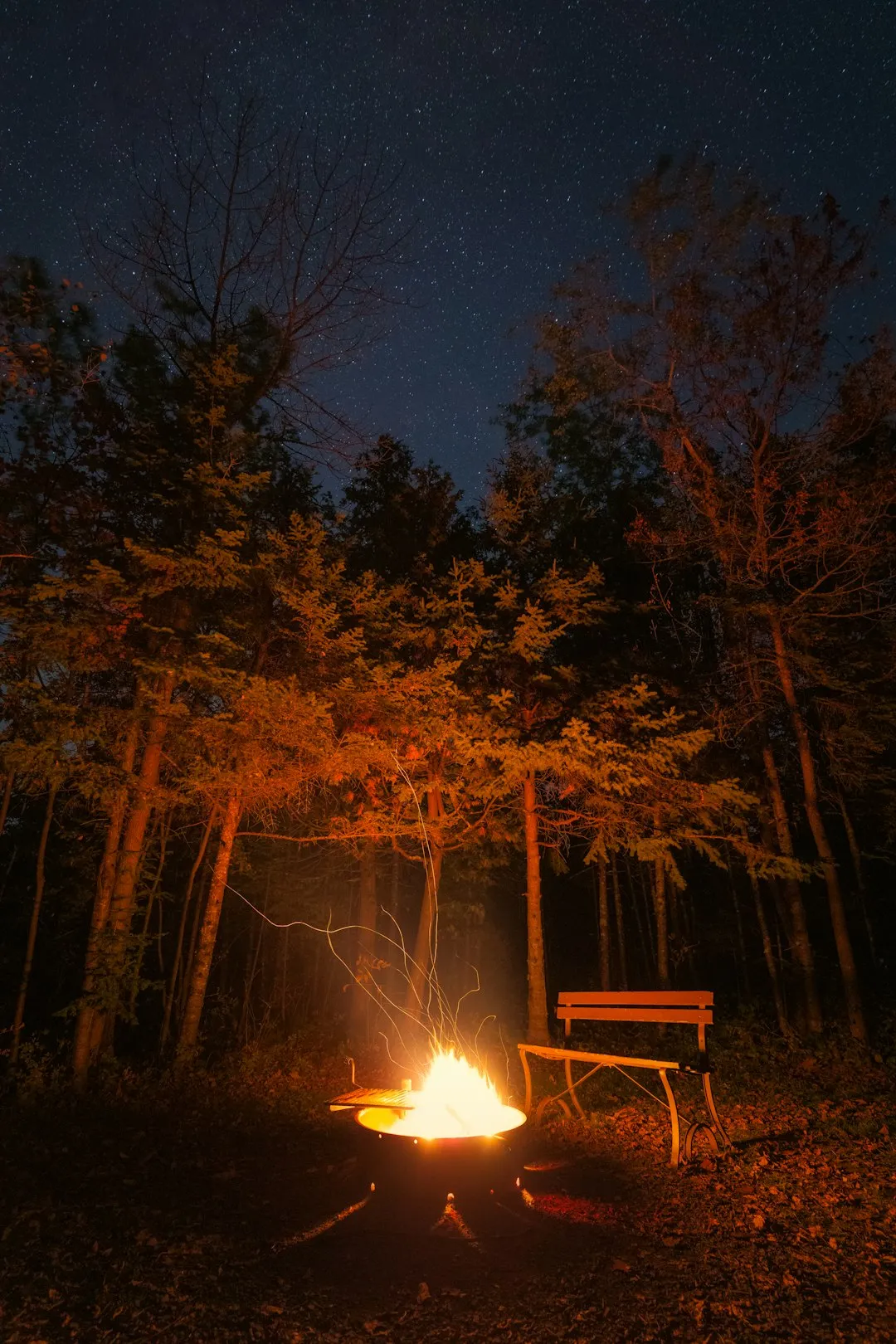Unveiling the Wonders of Elderberry Gardening

Embarking on the journey of gardening shrubs can be an incredibly rewarding experience, and one plant that stands out is the elderberry. This basic guide to growing elderberry plants will equip you with essential planting and care tips, introduce you to different types to grow, and highlight the best companion plants.
Elderberries, scientifically known as Sambucus, are a group of fast - growing shrubs or small trees. They are native to various parts of the world, including North America, Europe, and Asia. These plants are not only aesthetically pleasing but also offer a range of benefits, from their edible berries to their medicinal properties.
Planting Elderberries
When it comes to planting elderberries, the first step is to choose the right location. Elderberries thrive in full sun to partial shade. A location that receives at least 6 hours of sunlight per day is ideal. The soil should be well - drained, rich in organic matter, and have a pH between 5.5 and 6.5. Before planting, it's a good idea to test your soil and amend it if necessary. You can add compost or well - rotted manure to improve the soil structure and fertility.
It's best to plant elderberries in the early spring or fall. Dig a hole that is twice as wide and just as deep as the root ball of the plant. Place the plant in the hole, making sure the top of the root ball is level with the ground. Backfill the hole with soil, gently firming it around the base of the plant. Water the newly planted elderberry thoroughly to help settle the soil.
Types of Elderberries
There are several types of elderberries that you can grow in your garden. The American elderberry (Sambucus canadensis) is a popular choice. It produces large clusters of dark purple berries that are great for making jams, jellies, and wines. The European elderberry (Sambucus nigra) is another well - known variety. It has a long history of medicinal use and its flowers are often used to make elderflower cordial.
There are also some ornamental varieties of elderberries. For example, the 'Black Lace' elderberry has deeply cut, purple - black foliage that adds a dramatic touch to the garden. The 'Aurea' elderberry has golden - yellow leaves that provide a bright splash of color.
Caring for Elderberries
Watering is an important aspect of elderberry care. Elderberries need regular watering, especially during the first year after planting. They prefer moist soil but can tolerate short periods of drought once established. However, it's important not to over - water, as this can lead to root rot.
Fertilizing elderberries is also crucial. Apply a balanced fertilizer, such as a 10 - 10 - 10, in the early spring before new growth begins. You can also add a layer of mulch around the base of the plant to help retain moisture and suppress weeds. Pruning is necessary to keep the elderberry plant healthy and productive. Prune in the late winter or early spring to remove any dead, damaged, or diseased branches. You can also thin out the plant to improve air circulation.
Companion Plants for Elderberries
Choosing the right companion plants for elderberries can enhance the health and productivity of your garden. One great companion plant is comfrey. Comfrey has deep roots that can mine nutrients from the soil and make them available to the elderberry. It also acts as a living mulch, helping to retain moisture.
Yarrow is another good companion plant. It attracts beneficial insects, such as ladybugs and lacewings, which can help control pests in the garden. Nasturtiums are also a great addition. They repel aphids and other pests, and their bright flowers add color to the garden.
In conclusion, growing elderberries is a wonderful way to add beauty and functionality to your garden. By following these planting and care tips, and choosing the right types and companion plants, you can enjoy a bountiful harvest of elderberries for years to come. Whether you're making delicious elderberry jams or using the flowers for herbal remedies, elderberries are a valuable addition to any garden.